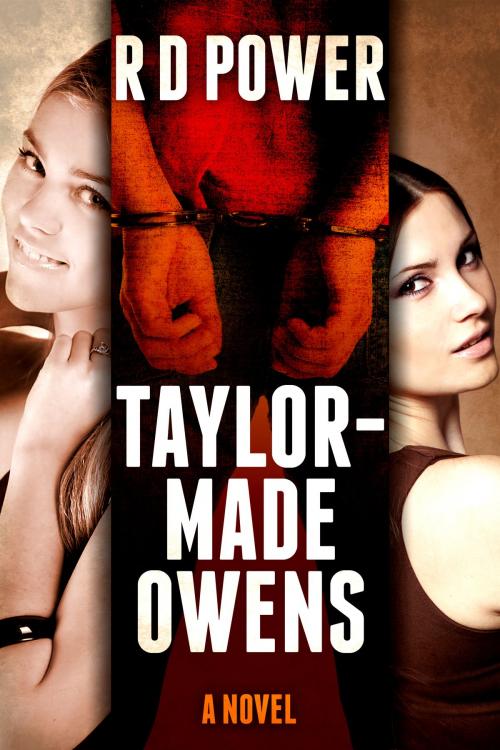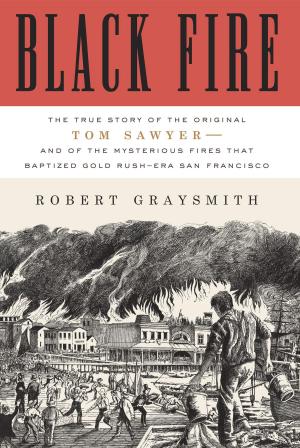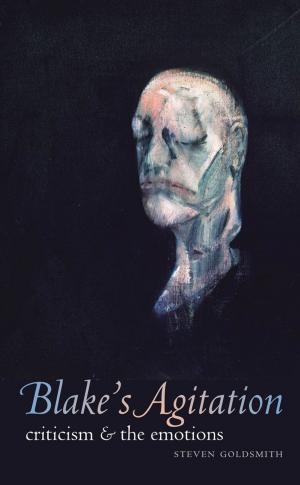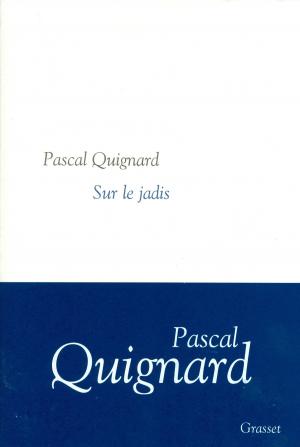| Author: | R D Power | ISBN: | 9781310912191 |
| Publisher: | R D Power | Publication: | October 28, 2013 |
| Imprint: | Smashwords Edition | Language: | English |
| Author: | R D Power |
| ISBN: | 9781310912191 |
| Publisher: | R D Power |
| Publication: | October 28, 2013 |
| Imprint: | Smashwords Edition |
| Language: | English |
What would happen to a child of great potential who suddenly loses everyone he loves and has no relatives to take him in? With no one to love him, no one to protect him, no one to guide him and no one to ease the pain, what would become of him?
Taylor Made Owens is the story of a boy, Bobby Owens, caught in this predicament. Blessed by nature with brilliance, athletic talent, humor and looks, and nurtured by caring, loving parents, the eight-year-old has no conception that life could be anything other than perfect. But in a flash, it’s all gone: family, house, home – everything. He moves in with his elderly grandmother, his only living relative, but she dies within a few years. Left to the foster care system, what becomes of him?
In the midst of all this misfortune he has a stroke of luck, though it doesn’t appear so at the time: he meets the Taylor family. Lisa Taylor, a social worker assigned his case after the 14-year-old breaks the law, realizes his potential and tries to help. Through her he meets the other central characters in the book: Jennifer Taylor, her 14-year-old niece, and Kristen Taylor, her 13-year-old daughter.
The book follows the often-stormy relationships he has with both girls over the next 16 years. Although the relationships are front-and-centre, the story touches on divers timeless questions about the meaning of life and death – God versus oblivion, good versus evil, nature versus nurture, fate versus chance, war versus peace, liberal versus conservative – through the exploration of everyday interactions between the protagonists and through several defining events in their lives. Ultimately, it is a story about the centrality of family to our lives, how lost and lonely we are without it and how important it is to get it back if we lose it. It should appeal to any reasonably intelligent reader who likes a well written, thought provoking, easy to read, fast-paced and interesting story. It’s a novel in the classical tradition, one where the story unfolds through the characters. It is a book that readers can savor; one that gets better and better as it goes because the readers come to care for the characters; one that they will want to read again sometime because it engages their deeper emotions and enduring preoccupations.
What would happen to a child of great potential who suddenly loses everyone he loves and has no relatives to take him in? With no one to love him, no one to protect him, no one to guide him and no one to ease the pain, what would become of him?
Taylor Made Owens is the story of a boy, Bobby Owens, caught in this predicament. Blessed by nature with brilliance, athletic talent, humor and looks, and nurtured by caring, loving parents, the eight-year-old has no conception that life could be anything other than perfect. But in a flash, it’s all gone: family, house, home – everything. He moves in with his elderly grandmother, his only living relative, but she dies within a few years. Left to the foster care system, what becomes of him?
In the midst of all this misfortune he has a stroke of luck, though it doesn’t appear so at the time: he meets the Taylor family. Lisa Taylor, a social worker assigned his case after the 14-year-old breaks the law, realizes his potential and tries to help. Through her he meets the other central characters in the book: Jennifer Taylor, her 14-year-old niece, and Kristen Taylor, her 13-year-old daughter.
The book follows the often-stormy relationships he has with both girls over the next 16 years. Although the relationships are front-and-centre, the story touches on divers timeless questions about the meaning of life and death – God versus oblivion, good versus evil, nature versus nurture, fate versus chance, war versus peace, liberal versus conservative – through the exploration of everyday interactions between the protagonists and through several defining events in their lives. Ultimately, it is a story about the centrality of family to our lives, how lost and lonely we are without it and how important it is to get it back if we lose it. It should appeal to any reasonably intelligent reader who likes a well written, thought provoking, easy to read, fast-paced and interesting story. It’s a novel in the classical tradition, one where the story unfolds through the characters. It is a book that readers can savor; one that gets better and better as it goes because the readers come to care for the characters; one that they will want to read again sometime because it engages their deeper emotions and enduring preoccupations.















